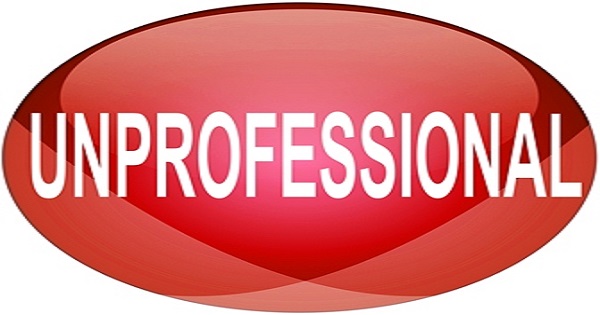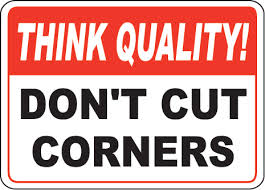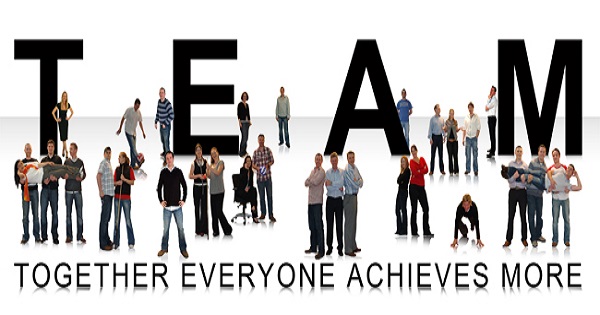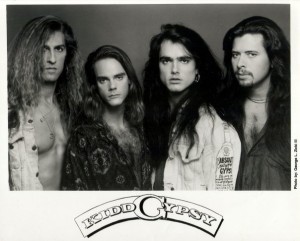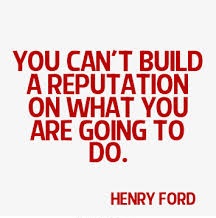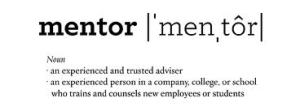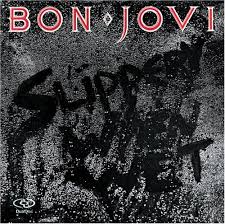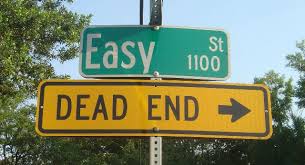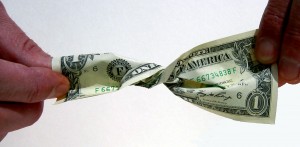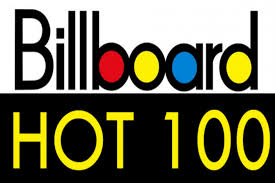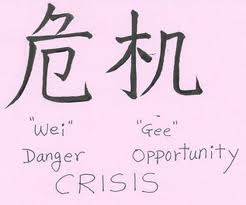By Johnny Dwinell
I was having coffee yesterday at The Red Bicycle in Germantown (holy crap their crepes are AH-MAZING) with an artist writer friend. We got involved in a passionate discussion about song demos and some different perspectives to consider before recording and pitching them. We were discussing what it means and what it takes to be professional.
To act professional.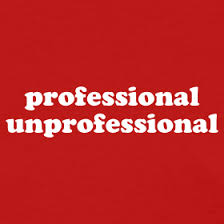
To be perceived as professional.
To be taken seriously as a writer in this town.
There are a slew of different common mistakes writers and artists make when it comes to the art of recording a song demo.
Remember, a SONG demo is a demonstration (aka demo) of your SONG, not you as an artist. It needs to be treated this way. The purpose of a song demo is to demonstrate the lyric, melody, and vibe of your song in such a manner that an artist can “hear themselves†singing your song and then subsequently cut your song.
I am perplexed when I hear songwriter’s wax about their elitist, unwavering passion for “quality†in their songwriting juxtaposed against their proclivity for cutting corners to save a few bucks in the recording process.
Quality song, inferior recording. What’s the point?
 It’s like they put their blood, sweat, tears, and whole heart into creating a killer blue print of a house and then constructed the house out of rotting balsa wood & weathered duct tape. They built this with novice builders too, and as you can imagine, the house looks shitateous and is unlivable.
It’s like they put their blood, sweat, tears, and whole heart into creating a killer blue print of a house and then constructed the house out of rotting balsa wood & weathered duct tape. They built this with novice builders too, and as you can imagine, the house looks shitateous and is unlivable.
Then, after all this, they get butt-hurt when they’re judged by the professional world on exactly what they built.
Huh?
Don’t present crappy, novice song demos and expect to be treated like a professional.
This topic gets some songwriters really pissed off. In fact, I wrote an honest article about it last year called “10 Worst Song Demo Mistakes†and I believe it was the most provocative article I have written to date. Some songwriters got it and others clearly got emotional and defensive about these mistakes. Many songwriters anonymously wrote negative comments about how a professional community would react to unprofessional song demos (many also wrote negative comments about completely different subject matters which is always amusing).
The song demo “audience†is comprised of producers, A&R execs, song-pluggers, publishing companies, and ultimately artists.
All of which are professional.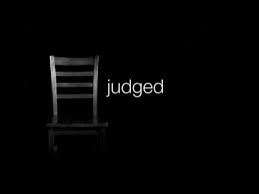
All of which are human.
Here’s the deal, you don’t know what’s going on with them.
Maybe they’re having a bad day and your messy sounding song demo is annoying to them.
Maybe they’ve just listened to 200 PROFESSIONAL sounding song demos, they’re exhausted, and your song demo sticks out like a sore thumb because the sonic quality and performances are so poor.
I mean, why would you think these human beings could read your mind and hear the way you wanted the demo to sound?
If you read some of the previously mentioned article comments you will see a couple responses like “A real producer should be able to hear past the production on a good song, so you suck and I’m not going to listen to your advice…blah, blah, blahâ€
Did it ever occur to you that your audience isn’t just judging the song?
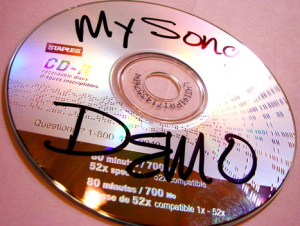 Did it ever occur to you that they’re judging you as a professional too? After all you are now in a professional environment, right?
Did it ever occur to you that they’re judging you as a professional too? After all you are now in a professional environment, right?
What does that amateur sounding song demo say about you, the songwriter who is trying to be professional?
What does that say about your craftsmanship, attention to detail, work ethic, and intelligence?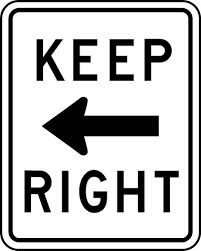
I mean, if it’s worth doing, it’s worth doing well, right?
Did you ever think that your audience may be hung up on the fact that you have a professional opportunity and you choose to display something that is incredibly unprofessional? You know, like showing up on a construction site and demanding to use your plastic toy hammer. Everyone is like, huh?
Here are 12 thoughts I have about unprofessional songwriters:
- You’re lazy; if you weren’t you’d do it better.
- You’re cheap and unwilling to put skin this game you want to dominate so badly.
- You don’t really believe in yourself; if you did, you’d do it better.
- I wonder if you can’t hear the difference. If you can’t tell that your recording is second-rate than what else are you naïve and uneducated about? How will that affect our business relationship?
- If you can’t tell the recording is poor than maybe you’re one of those artist writers who is insanely arrogant about their art and not really interested in getting better. These kinds of people are of no use to me in any aspect of my business.
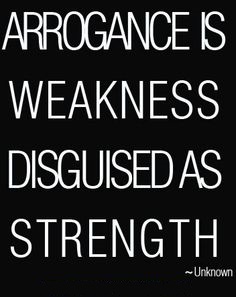
- You clearly don’t mind “cutting corners†on your product which infuriates me because I’m ALL ABOUT QUALITY.
- You’re not resourceful. I’ll bet you have some really good excuses as to why the demo sucks. Therefore, your professional behavior in the workplace leans toward making excuses instead of overcoming challenges. I need people that can handle challenges; they’re winners.
- You’re a novice and I need a professional.
- I have artists that need professional writers and we are counting on these writers to deliver consistently on a professional basis. How can you be trusted to deliver for them?
- What will my artists think of me if I put someone unprofessional with them?
- You have clearly demonstrated your inability to operate at the professional level required in this business.
- I also wonder if you even care because your song demo has confirmed you have no pride for the work that you do
Whoa! Read that last one again, man. Yikes!
Think about this for a second. I PROMISE you that if any hit songwriter like Dallas Davidson, Kacey Musgraves, Craig Wiseman, or Michael Garvin called ANY Producer up and said, “I just wrote a song I think you should hear, but I only have a work tape of it. Will you give it a listen?†they would ALL listen to it with an open mind and an open ear to give the song its due attention.
Now, think about these writer’s and their publishing companies and how much money they spend on song demos every year at $600-$900 per song.
Stay with me now…
This is business right?
How much money could the writers and publishing companies save each year if they stopped making full production demos knowing their best writer’s songs will be considered with less expensive recordings?
I mean they have proven hit songwriters writing hit songs that are pitched to the best producers and industry execs in town who should all be able to hear through bad production, right?
While there are always exceptions to the rule, all the publishing companies and hit writers continue to pay to for professional song demos.
They do this for one reason.
They’re professional and they want to compete.
If you want to be a professional songwriter, act like a professional songwriter.
Then watch your world transform.
If you like this post, please SHARE it and/or LEAVE A COMMENT thank you!
[ois skin=”Bottom Post”]

